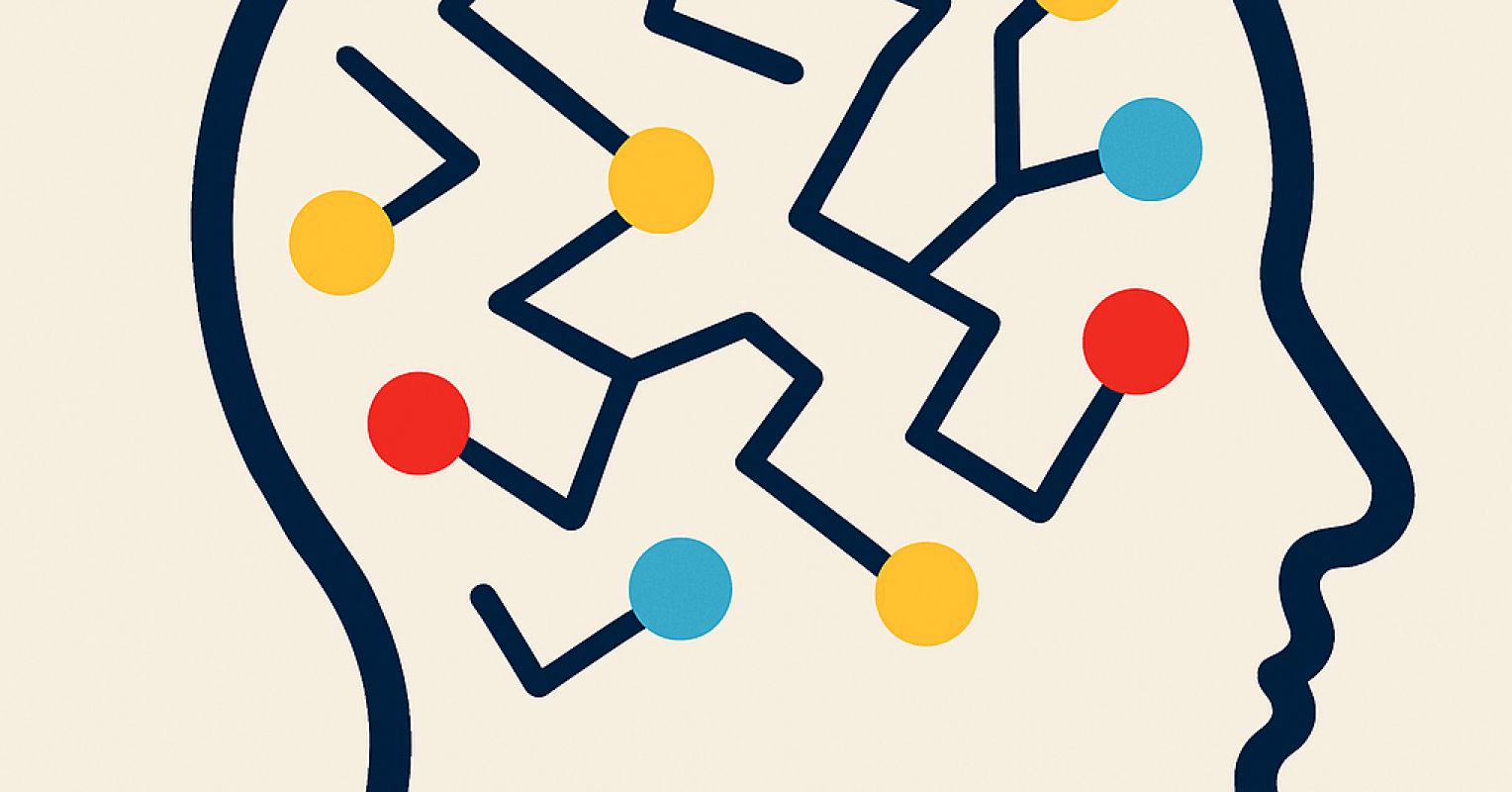
"Cognitive clutter blurs the line between thinking and mimicry, as synthetic certainty replaces curiosity in the face of abundant information."
"The ease of access to answers has eroded our thinking lives, leading to cognitive clutter instead of wisdom."
"In a world where exploration has devolved into inundation, we find ourselves drowning not in knowledge, but in shallow, fast responses."
"Deliberate mental subtraction, rather than increased input, may lead us toward true clarity amid the cognitive chaos of modern information."
The article discusses the detrimental effects of ubiquitous information in the Cognitive Age, where instantaneous answers from AI and other technologies replace the virtue of curiosity. Instead of embracing uncertainty, which used to inspire inquiry, people are inundated with fast, shallow responses that contribute to cognitive clutterâan unorganized mental space filled with noise masquerading as knowledge. Consequently, critical thinking suffers, making it imperative to practice deliberate mental subtraction to regain clarity and wisdom in a world overwhelmed by information.
Read at Psychology Today
Unable to calculate read time
Collection
[
|
...
]